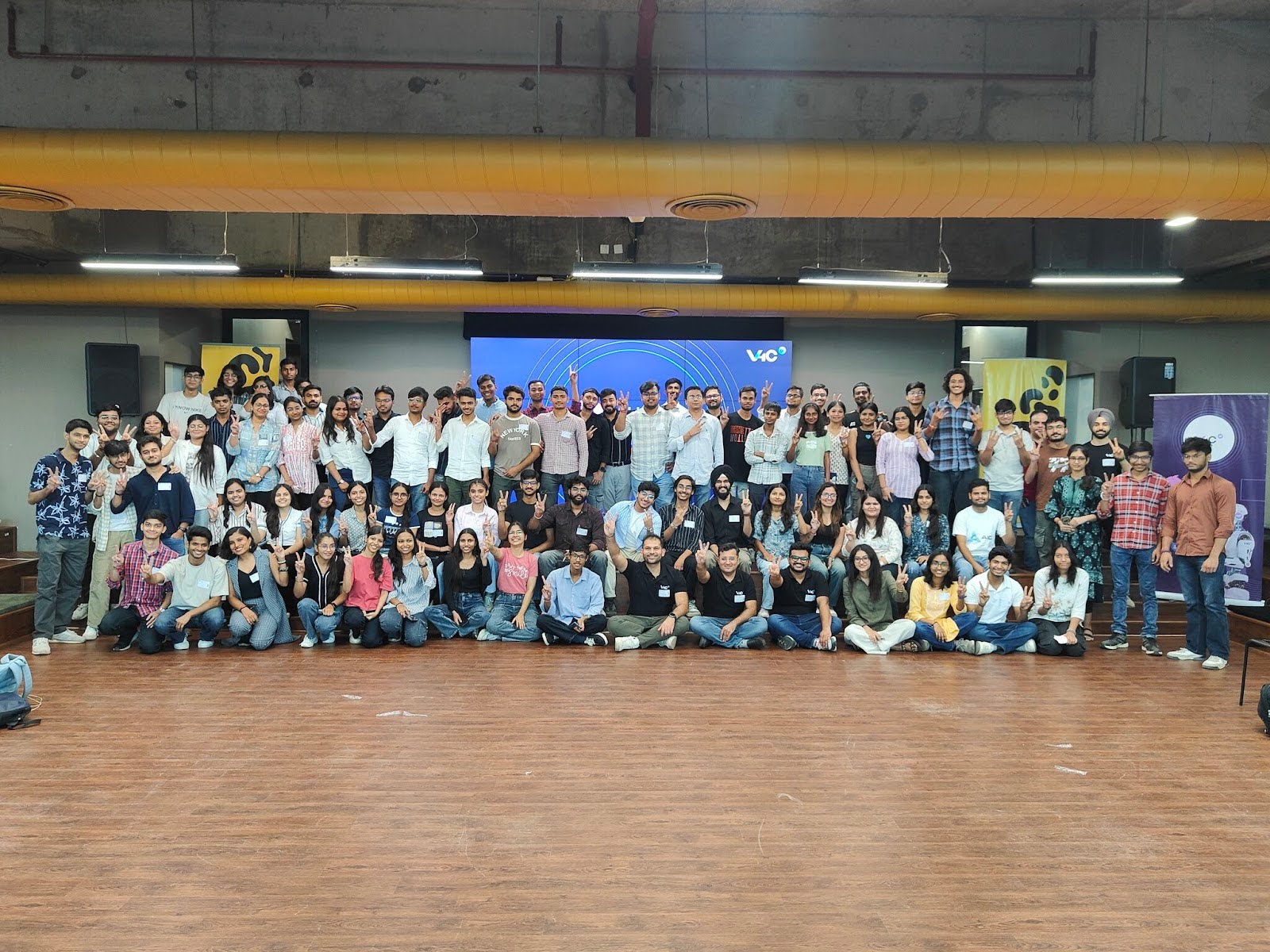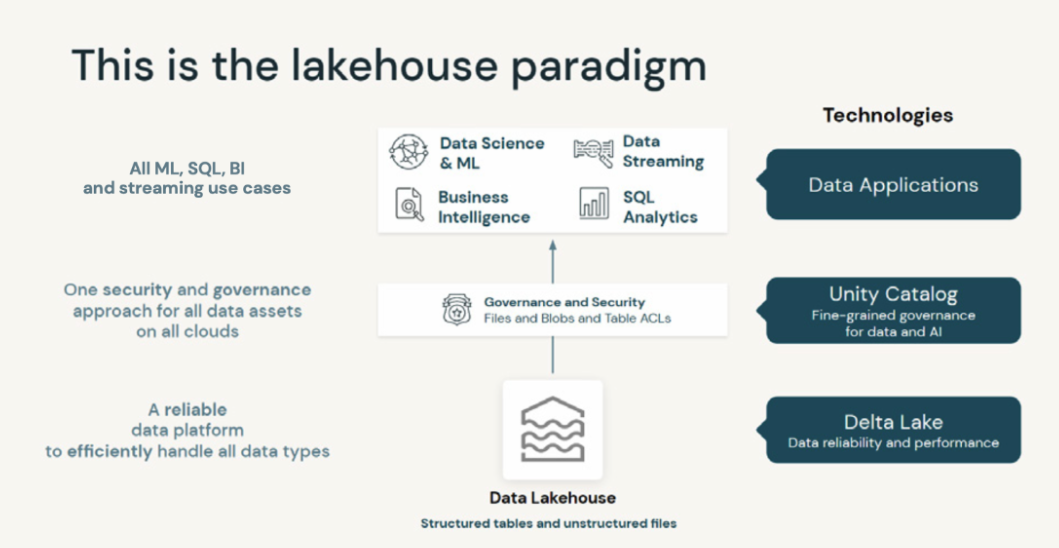Driving Retail Success Through Customer-Centric Transformation
Discover how customer-centric transformation in retail is driving success in a rapidly evolving market. Learn key strategies for leveraging AI, personalization, and integrated business models to enhance customer engagement, boost loyalty, and optimize operations.

The digital transformation market in the retail industry is poised for significant growth, expected to rise from USD 243.57 billion in 2024 to USD 541.44 billion by 2029, reflecting a CAGR of 17.32% during this period.

As customer interactions with organizations, products, and the overall buying ecosystem undergo rapid change, businesses must adapt more quickly than ever before. Traditional customers are evolving in their purchasing habits, and new customer relationships are increasingly defined by the experiences companies provide. Today’s consumers expect organizations to meet their needs seamlessly, rather than requiring them to adjust to a brand’s way of operating.
To enhance customer engagement and foster loyalty, companies are leveraging technology to transform their business models. This involves creating a hybrid presence that ensures a consistent and uninterrupted shopping experience, whether online or in-store. The goal is to engage customers at every touchpoint, providing them with a zero-disruption experience that meets their expectations.
Customer engagement encompasses all interactions between customers and businesses, as well as peer-to-peer connections among customers themselves. In essence, effective customer engagement invites customers to immerse themselves in the experiences businesses create for them.
The shift in customer preferences and expectations is significant. With the proliferation of technology, customers are not only more informed but also more inclined to engage with peers who share similar buying patterns and preferences, aiding their decision-making process.
Key factors driving this transformation include:
- Evolving Preferences and Buying Behavior: Understanding how customers make purchasing decisions is crucial for adapting strategies.
- Integrated Business Models: Companies must develop cohesive business models that meet customer needs while operating at optimal costs.
- Customer Lifecycle and Lifetime Value (LTV): Businesses need to consider the entire customer journey to maximize value and retention.
- Ethical and Social Responsibility: Today’s consumers increasingly favor brands that demonstrate ethical practices and social consciousness.
A recent study by McKinsey highlights that “personalization drives performance and better customer outcomes. Companies that grow faster derive 40 percent more revenue from personalization than their slower-growing counterparts.”
Changing Customer Preferences and Buying Behavior
To remain competitive, businesses must structure and continually refine the customer shopping experience in a hyper-personalized manner. It is essential to recognize that no two customers purchasing the same product have identical goals, nor do they respond similarly to offers or promotions, even if they shop from the same store or within the same zip code. Organizations that can scale while delivering individualized experiences will stay relevant to both customers and suppliers.
Although foot traffic remains a key metric for retailers, it is crucial to acknowledge that many customers are increasingly engaging with brands through digital channels. This shift presents an opportunity to establish a unified model for customer interaction. By embracing digital transformation, organizations can enhance their results through meaningful digital engagement.
This approach allows companies to build a comprehensive repository of customer information, including preferences, behaviors, and past purchases. Technology plays a vital role in capturing large volumes of structured and unstructured data, as well as behavioral and transactional insights generated by customers.
Integrated Business Planning for Optimal Customer Experience
Integrated business planning is essential for addressing customer preferences while ensuring that operations run efficiently. AI-enabled personalization delivers highly contextualized experiences tailored to individual consumers, meeting both implicit and explicit needs throughout their journey. By leveraging real-time data analytics and a comprehensive 360-degree view of the customer, businesses can communicate the right product or service at the right place, time, and channel.
Effective integrated planning not only meets customer expectations but also helps avoid stock-outs, which can lead to lost sales, as well as excess inventory due to in-store returns. This approach minimizes the risk of lost opportunities and promotes better cost management.
The use of AI and analytics empowers businesses in the following ways:
- Advanced Data Analysis: Hyper-personalization enhances customer engagement through sophisticated algorithms and machine learning, allowing for deep insights into customer data.
- Real-Time Adaptation: Unlike traditional methods that rely on static customer profiles, modern approaches adjust in real time based on immediate customer actions. For example, if a shopper abandons their cart, AI can swiftly analyze this behavior and send a targeted follow-up offer or reminder, increasing the likelihood of completing the purchase.
- Contextual Relevance: It is vital not only to identify and fulfill customer needs but also to maintain the right inventory levels, ensuring that the right products are available in appropriate quantities.
Engaging Customers Beyond the Purchase: The Customer Lifecycle
Customer engagement extends well beyond the initial purchase. Here are several key ways customers interact with brands throughout their lifecycle:
- Personalized Recommendations: AI transforms traditional product suggestions by analyzing customers’ past purchases, browsing habits, and the interests of similar shoppers. This data-driven approach curates recommendations that are more likely to resonate with individual preferences, creating a truly personalized shopping experience.
Moreover, in today’s interconnected world, this flow is not unidirectional. Customers also engage with their social networks on platforms like social media, sharing recommendations and suggestions. Additionally, they participate in blogs and contribute to online content, further influencing each other’s purchasing decisions.
- Customer Surveys and Feedback: Traditional methods of collecting feedback, such as lengthy surveys or manual forms, often yield low participation and limited insights due to slow analysis. AI addresses these challenges by automating the feedback process, capturing real-time data, and quickly analyzing open-ended responses. By personalizing surveys and feedback requests, AI ensures they are relevant and engaging for customers.
Furthermore, it analyzes feedback from multiple sources, including social media and online reviews, providing comprehensive insights into customer preferences and product performance. Consistent and timely personalization fosters stronger customer relationships and enhances loyalty, as customers are more likely to engage with brands that understand and anticipate their needs. - Suggestions for Service Improvement: AI revolutionizes the feedback collection and analysis process by quickly gathering suggestions from various sources, including in-store interactions, online reviews, and social media. By analyzing these inputs in real time, AI identifies patterns and specific areas for improvement, enabling businesses to respond promptly. It personalizes the feedback experience, making it easier for customers to provide relevant suggestions. This proactive approach not only keeps customers engaged but also empowers businesses to make swift, data-driven changes that enhance service quality. As a result, companies can continually refine their offerings, better meet customer expectations, and strengthen overall service.
Enhancing Customer Lifetime Value (LTV)
Enhanced Engagement: Providing timely and relevant offers and recommendations significantly boosts customer engagement. When customers receive personalized content at the right moment, they are more inclined to interact with it, leading to increased engagement levels. This personalized approach transforms the customer experience from transactional to relational.
Higher Conversion Rates: AI-driven timing ensures that offers and recommendations are delivered when customers are most likely to make a purchase. This strategic timing enhances the chances of conversion, effectively driving sales and maximizing revenue potential.
Improved Customer Experience: Timely personalization enhances the overall customer experience by facilitating relevant and contextual interactions. Customers appreciate receiving information that aligns with their current needs and interests, creating a seamless shopping experience that meets their expectations.
Increased Loyalty: Consistent and well-timed personalization fosters stronger customer relationships and cultivates loyalty. Customers are more likely to remain engaged with brands that understand and anticipate their needs. By consistently delivering value, businesses can strengthen customer loyalty, encouraging repeat purchases and long-term relationships.
Being Ethical and Socially Conscious
Confidentiality and Privacy: Respecting customers’ rights to control their personal information is paramount. Retailers must be transparent about the data they collect and how it is used. Compliance with data protection regulations such as GDPR and CCPA is essential, ensuring that customers have clear options to consent, access, correct, or delete their data.
AI can significantly enhance privacy protection through data anonymization techniques, which involve removing personally identifiable information before processing. This approach helps mitigate the risk of exposing sensitive details. Additionally, AI systems should honor opt-out preferences, allowing customers the choice to exclude themselves from data-driven personalization if they wish.
Mitigation of Bias: AI serves as a powerful tool for addressing inherent biases in data and decision-making processes. By analyzing large volumes of customer data objectively, AI can identify patterns and preferences that human intuition might overlook. With diverse and representative data sets, AI can tailor offers, recommendations, and customer interactions to cater to a broader range of needs, ensuring that no customer group is left behind.
Relevance and Transparency: Timing is crucial in delivering personalized experiences, and AI plays a transformative role in optimizing this timing. By leveraging AI capabilities, retailers can ensure that personalized interactions reach customers at the most impactful moments, enhancing relevance and effectiveness.
The Transformative Power of AI in Retail
A recent study by Deloitte highlights that retail is on the verge of significant transformation driven by the rapid adoption of AI technology. This transformation is disrupting traditional practices and redefining customer experiences. By 2025, it is projected that 20 percent of top global retailers will achieve holistic results through the implementation of distributed AI systems.
Furthermore, the study found that 91 percent of executives view AI as the top game-changing technology in retail over the next three years. Retailers can leverage AI across various domains, including personalization, marketing, supply chain, and operations.
The implementation of personalized strategies can yield substantial benefits, including 18 percent lower customer acquisition costs, 20 percent higher customer spending, and 30 percent increased customer satisfaction.
V4C: Empowering Customers for the New Paradigm
V4C is poised to embrace the new paradigm by developing capabilities that enable customers and partners to tackle challenges in today’s dynamic environment. Our comprehensive suite of offerings is designed to enhance operational efficiency, drive customer engagement, and ensure ethical practices throughout the business lifecycle.
Overview of Capabilities
- Understanding Customer Behavior:
- Preferences and Buying Behavior: Analyze customer preferences to tailor offerings.
- Customer Categorization/Segmentation: Segment customers for targeted marketing strategies.
- Recommendation System: Deliver personalized recommendations to enhance the shopping experience.
- Market Basket Analysis: Identify product affinities to optimize cross-selling opportunities.
- Customer Journey Mapping: Visualize customer interactions to improve engagement strategies.
- Targeted Campaigns: Execute campaigns based on customer insights and preferences.
- Sentiment Analysis: Gauge customer sentiments to inform product and service improvements.

- Integrated Business Operations:
- Business Model Optimization: Develop integrated models to meet customer needs while optimizing costs.
- Inventory Management: Ensure optimal stock levels to meet demand.
- Operation Optimization: Streamline operations for increased efficiency.
- Route Optimization: Enhance logistics to reduce costs and improve delivery times.
- Last Mile Delivery: Innovate solutions for efficient last-mile logistics.
- Market Analysis: Conduct thorough market research to identify trends and opportunities.
- Dynamic Pricing: Implement pricing strategies that respond to market fluctuations.
- Demand Forecasting: Anticipate demand patterns to optimize inventory and resource allocation.
- Supplier Performance Analysis: Evaluate suppliers to enhance procurement strategies.
- Attribution Model: Analyze the effectiveness of marketing efforts in driving sales.
Enhancing Customer Lifecycle and Lifetime Value (LTV)
- Customer Lifecycle Management:
- Churn Prediction: Identify at-risk customers to proactively address their needs.
- LTV Model: Estimate the long-term value of customers to inform acquisition strategies.
- Customer Acquisition: Employ targeted strategies to attract new customers.
- Customer Engagement: Foster ongoing relationships to enhance loyalty.
- Cross-Sell and Up-Sell: Encourage additional purchases through personalized recommendations.
- Repeat Purchase Strategies: Implement initiatives to drive customer retention and loyalty.
Commitment to Ethical and Social Responsibility
- Transparency and Ethical AI Practices:
- Transparent and Explainable AI: Ensure AI decisions are understandable and accountable.
- Ethical AI Considerations: Integrate ethical guidelines in AI development and deployment.
- Ethically Sourced Models: Commit to sourcing practices that prioritize social responsibility.
Dataiku Solution
With Dataiku, teams can move beyond experimentation to build scalable and secure Generative AI applications for the enterprise. The platform provides streamlined development tools, pre-built use cases, and AI-powered assistants, enabling users to maximize the potential of Generative AI. It offers a unified space for developing, deploying, monitoring, and maintaining machine learning models. The deployer acts as a central hub for managing different versions of Dataiku projects and API deployments across development, testing, and production environments, supporting both batch and real-time scoring.
Features like automatic drift detection and retraining, experiment tracking, and model comparisons help teams make data-driven decisions on the best models for production. Dataiku also enables businesses to use targeted dashboards to track customer segment shifts, analyze purchasing patterns, and make informed decisions based on customer value. Users can input transaction data to generate customer segments, and customize solution settings like transaction preprocessing and RFM computation through a user-friendly web app.
With historical data and personalized parameters (such as discounts, holidays, and marketing events), Dataiku allows for product-level pattern predictions, providing demand forecasts across locations, markets, and products. Its centralized platform equips teams with insights for short, medium, and long-term forecasting, facilitating better business decisions. Additionally, Dataiku’s interactive product seasonality dashboard helps analyze short-term demand fluctuations throughout the year. Through the platform, users can obtain precise customer lifetime value (CLV) predictions and integrate RFM segmentation results with data environments such as Snowflake and Google Cloud Platform.
About V4C
v4c.ai is a premier IT services consultancy specializing in Dataiku, the Universal AI platform, to drive strategic business transformation. We partner with organizations to accelerate their journey towards AI-driven success by offering a comprehensive suite of Dataiku and generative AI services. Our expertise in implementation, optimization, and enablement empowers clients to harness the full potential of their data, unlocking significant competitive advantages and fostering innovation.






.png)
.png)